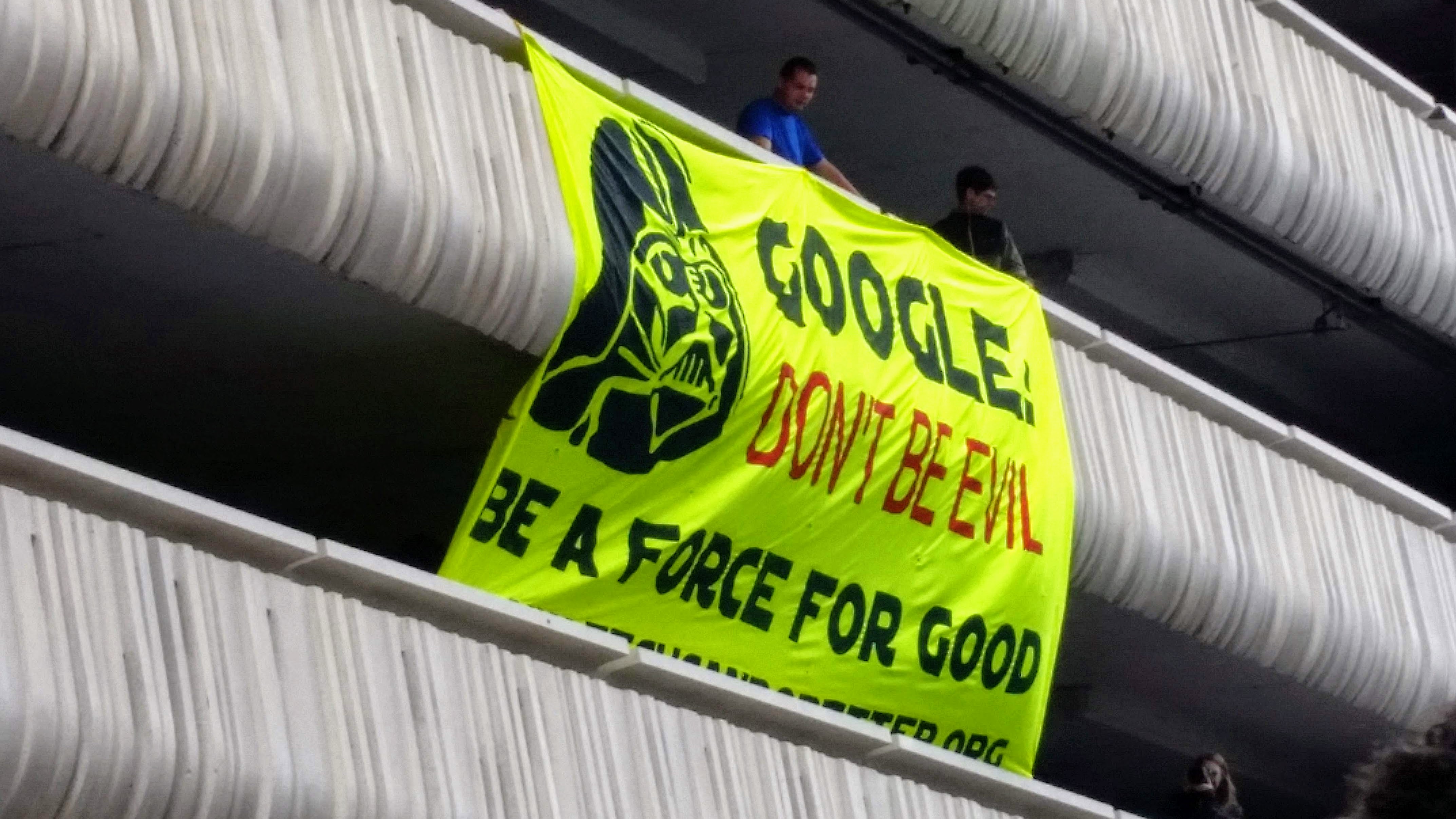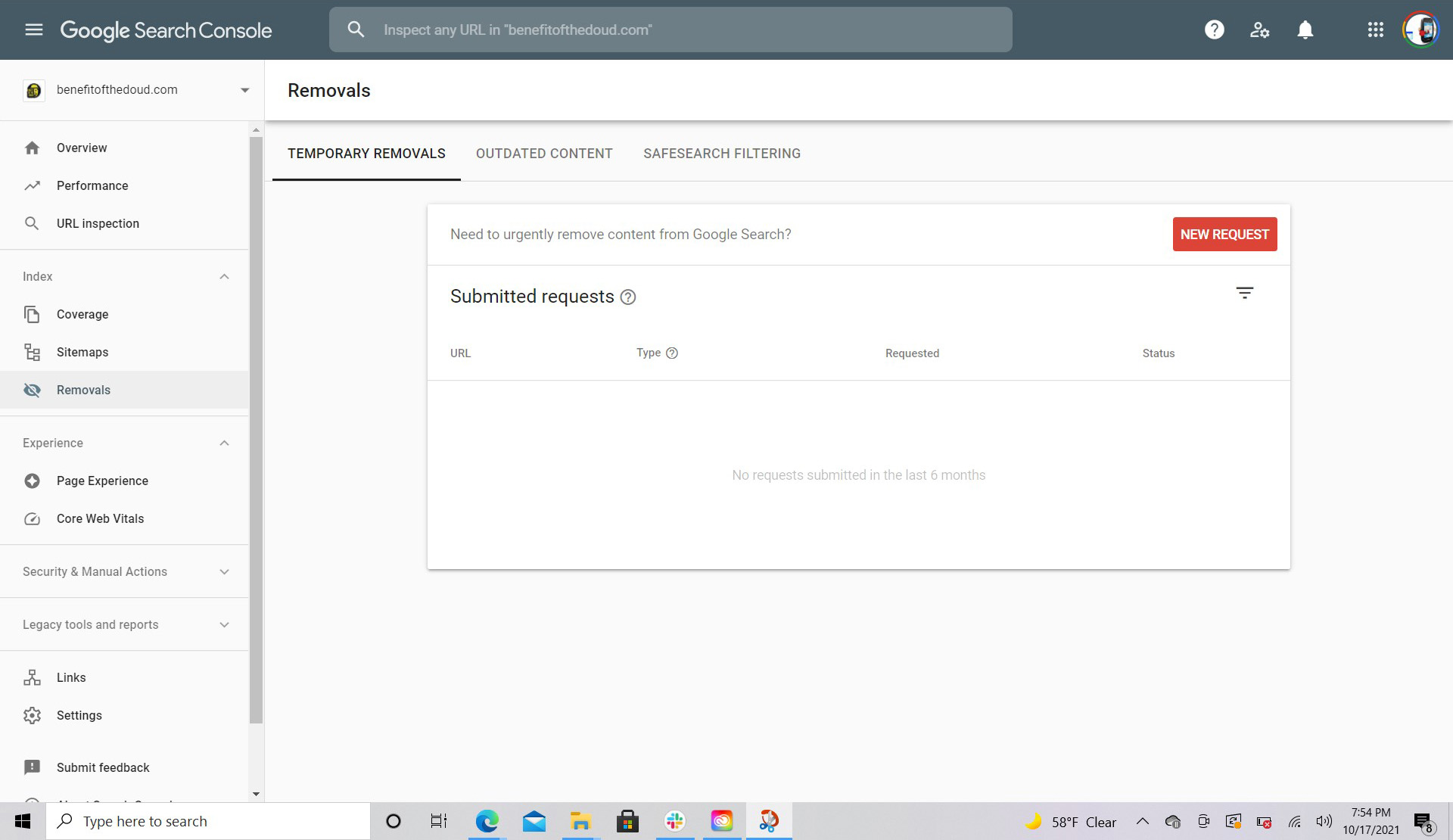You have the right to be forgotten, but the internet really is forever
We have the right to be forgotten, but good luck making it happen.

Google has made it easier than ever to erase your online footprint when it comes to things like your personal information, or non-consensual images (i.e. revenge porn). Except it really hasn't.
This is an important thing for a lot of people. NordVPN has released the results of a survey where respondents from Canada, Australia, and the U.K. show that they actively want things like financial information or details about their dating and sexual habits removed from the web.
I am certain the results would be similar had the company asked people in the U.S. or Germany or any other country. Even people who claim to have nothing to hide have something they would like to hide.
The sad reality of this, though, is that it doesn't do what you want it to do. Even in places like the EU where Google is forced to remove user data, this sort of policy doesn't actually remove anything except hits on a search engine. The thing(s) you want to be erased is still going to be there, and you can't do much about it.
How it all works — the web spider

You might have heard the term web spider before. If you haven't or if you aren't quite sure what it means, the concept behind it is actually pretty simple. Google, and other web companies that can act as search engines, have programs that crawl the web to find content. Crawling and web, of course, coined the term spider — it has nothing to do with our eight-legged friends.
When a spider finds something, it indexes the information in a data center, and those data centers are where companies like Google pull search results. Let's say you want football scores. A media outlet or media feed posts the results to the web, the spiders find them and index them. Then, when grab your phone and search, the findings are delivered on a search page.
Not that kind of spider.
Of course, it is much more complicated when it comes to the methods, and publishers can opt out of having spiders index their content, but this is the general idea behind it all, and is just fine for a basic understanding.
Get the latest news from Android Central, your trusted companion in the world of Android
Google, or Microsoft, or Meta have no control over any content that is not hosted on their platform. No, we're not going to wade into the cesspool of Section 230 arguments here, because none of that is applicable.
Google (let's stick to Google as the example here to make things easier) can only act on the things it has control over. Google can remove a show from its streaming platforms. Google can delete an app from the Play Store. Google can delete a search result.
However, Google can not delete the actual content.
Nothing is actually forgotten
In case it wasn't obvious from all the spider talk, Google is just removing the link to the content you want to be removed that appears in a Google search when you petition the company, using your right to be forgotten.
It's pretty simple to do — you visit this Google page and fill out a form, and unless you're some sort of public figure or the information you want "deleted" is something that should be kept available to the public, Google will use its big control+X feature and make it go away from its search results.
Actually removing content can prove to be much more difficult.
There are plenty of things about you that nobody has the right to know of unless you explicitly shared them.
It's not impossible, and it shouldn't be impossible. Nobody has any right to see pictures of you naked unless you posted them yourself. Nobody has any right to know about your health unless you told them yourself. Nobody has any right to know about your sexual preferences unless you choose to make them public.
Most importantly, nobody has the right to know anything harmful about children under the minimum age set by the law under any circumstances.
These sorts of things can be removed by the courts if the folks running a website won't do it voluntarily. Personally, I prefer the DDoS-into-freaking-oblivion approach towards any website that exists to share private information about people who don't want it to be shared.
Luckily, I hold no power over anything outside of my office. In either case, the information would be removed, as well as personal information that a court would find as harmful or libelous.
It's better than the alternative

I don't want Google, or any other company, to have the power to remove things from the web. I think the status quo, where Google removes the entry from search results, is the only power that any company in the business of search should be allowed to have. I also don't think Google would ever be given that sort of power no matter how much it would love to have it.
I just think it's very important for everyone to know that the whole Right to be Forgotten doesn't mean what you might think it means. There's an old saying: The internet never forgets.

Jerry is an amateur woodworker and struggling shade tree mechanic. There's nothing he can't take apart, but many things he can't reassemble. You'll find him writing and speaking his loud opinion on Android Central and occasionally on Threads.

